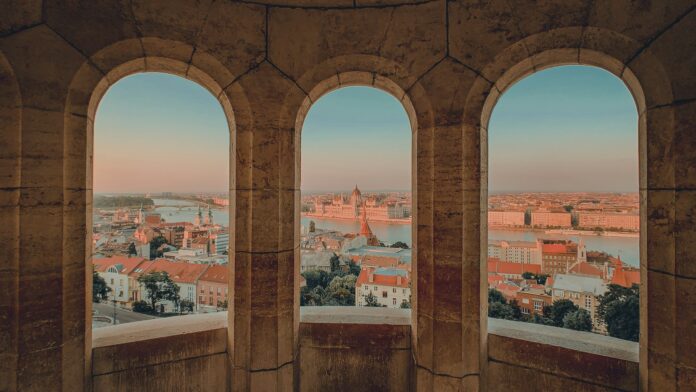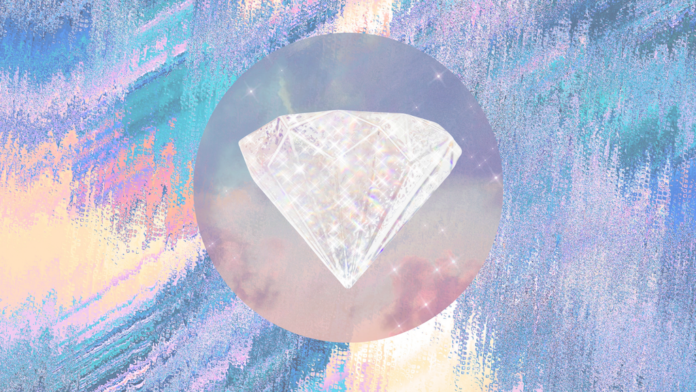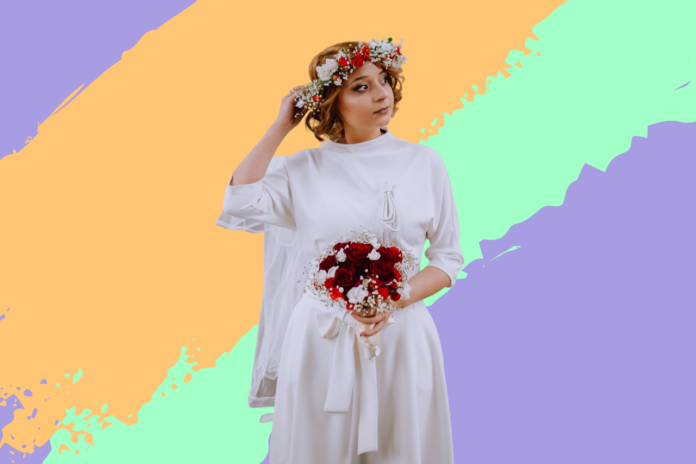We are a nation of sleep-deprived souls. A recent report by the University of Southampton revealed that one in four of us suffer from sleep problems, though that figure, we imagine, could be significantly higher. Perhaps some particularly tired folk forgot to respond to the survey.
Interestingly, light – of various shades and sources – can have a marked impact on both the quality and quantity of our sleep. If you’re wondering how light affects your sleep, then you’ve come to the right place. Let’s find out more…
Melatonin & How Light Affects It
The hormone melatonin is crucial to the sleep-wake cycle. When it’s dark, your brain starts to release melatonin, which readies your body for sleep.
As a result, the natural timed rise of melatonin in the body is interrupted by evening light exposure, delaying the transition to sleep. Therefore, you should try and get as much sunshine as possible during the day to keep yourself alert. In the hours leading up to bed, avoid overexposure to light, particularly that pesky blue stuff that comes off your phone.
As the Sleep Foundation so succinctly put it, ‘’Darkness prompts the pineal gland to start producing melatonin while light causes that production to stop…In doing so, it facilitates a transition to sleep and promotes consistent, quality rest.’’
Light exposure in the lead-up to bed and during the night has been linked to poorer sleep. It reduces the time spent in REM sleep, leading to you feeling tired the next day and less focused.
Perhaps the worst thing you can do, then, if you’re awake in the night, is to reach for your phone to scroll and swipe in the dark. This will stimulate melatonin production and confuse your brain into thinking it’s morning; you don’t want that.
How To Get Better Sleep Through Light?
The impact of light on sleep is well documented. Early morning exposure to natural light stimulates our circadian rhythm, which awakens us and makes us feel alert. The effect of late-night exposure to light is similar: light interferes with a healthy sleep cycle, making it more difficult to fall asleep and keeping us awake longer.
Insufficient darkness in the night can also lead to frequent instances of waking up. Thus, it is important to reduce the amount of light in your room, either through curtains, blackout blinds, or even via a sleep mask.
Blue Light & Its Effects On Your Sleep
We mentioned earlier the detrimental effects of blue light on sleep. Screens – both from your smartphone and your TV – emit this artificial light strongly, disrupting your brain and body’s ability to prepare for sleep by blocking the sleep-inducing hormone melatonin.
Because of this impact on rest, it’s generally advised that you should put down all devices for at least an hour before bed, enabling you to instead focus on a healthy, hygienic bedtime routine.
The amount of natural light (from the sun) you’re exposed to during the day can also affect your sleep, but this time positively. This is because natural light in the day helps wake you up, providing energy and stimulation, and helping you expend your energy in a sustainable way, in turn leading to a welcome tiredness when bedtime rolls around.
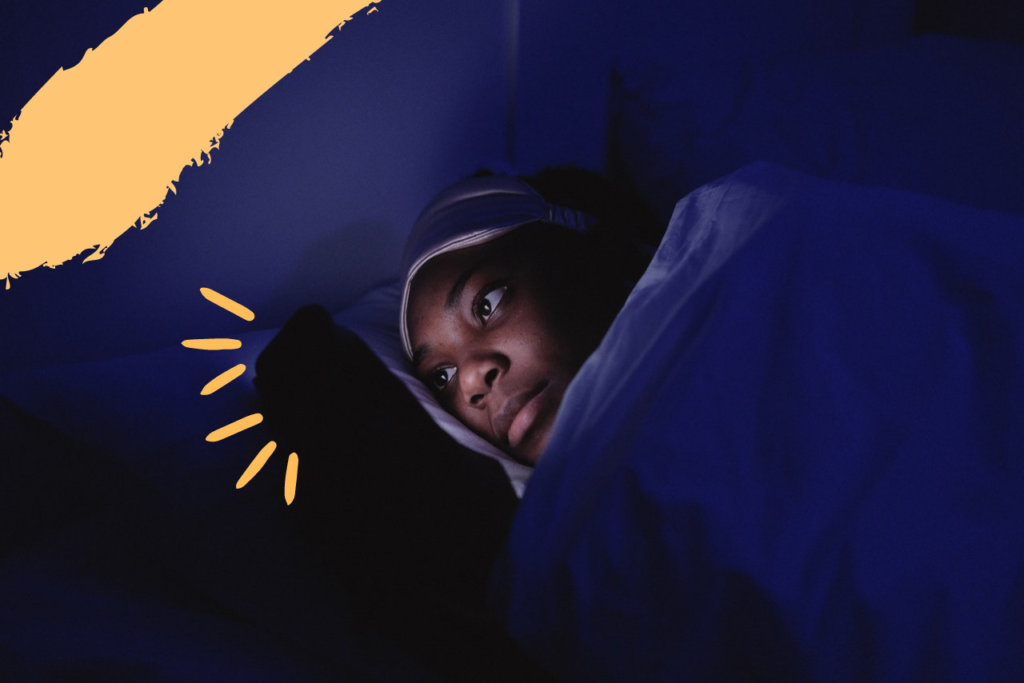
Red Light & Its Effects On Sleep
Some people have begun to extol the virtues of red light therapy on sleep. According to a study published in the Journal of Athletic Training, via Men’s Health, ”30 minutes of red-light exposure improved sleep and melatonin levels.”
Other studies suggest exposure to red light during the night may help you feel more alert and less groggy come morning time. Proponents of the technique generally use red light therapy machines at home, prior to bed, to potentially promote relaxation and to make the most of its other reported benefits in the domestic setting. It should be noted, however, that these studies are small and research is ongoing.
How Does Light Impact Your Health?
Short-term exposure to bright lights in the evening may cause sleep disturbances, which, in turn, can have a detrimental impact on your health.
Artificial and natural light can impact the human body in many ways. Humans are sensitive to certain wavelengths of light. The blue and UV components of light are associated with the potential development of skin lesions in those with chronic actinic dermatitis and solar urticaria, as well as more a more general risk of premature ageing.
How Does Light Exposure During The Day Impact Your Sleep?
There are many factors that affect sleep quality. For example, exposing yourself to white light during the day can help you fall asleep faster and sleep more deeply. The onset of sleep is dependent on light. A bright, white light at the onset of the night will set the body clock to wakefulness. However, bright light before bed will cause the body’s circadian rhythms to be disrupted and disrupt your sleep.
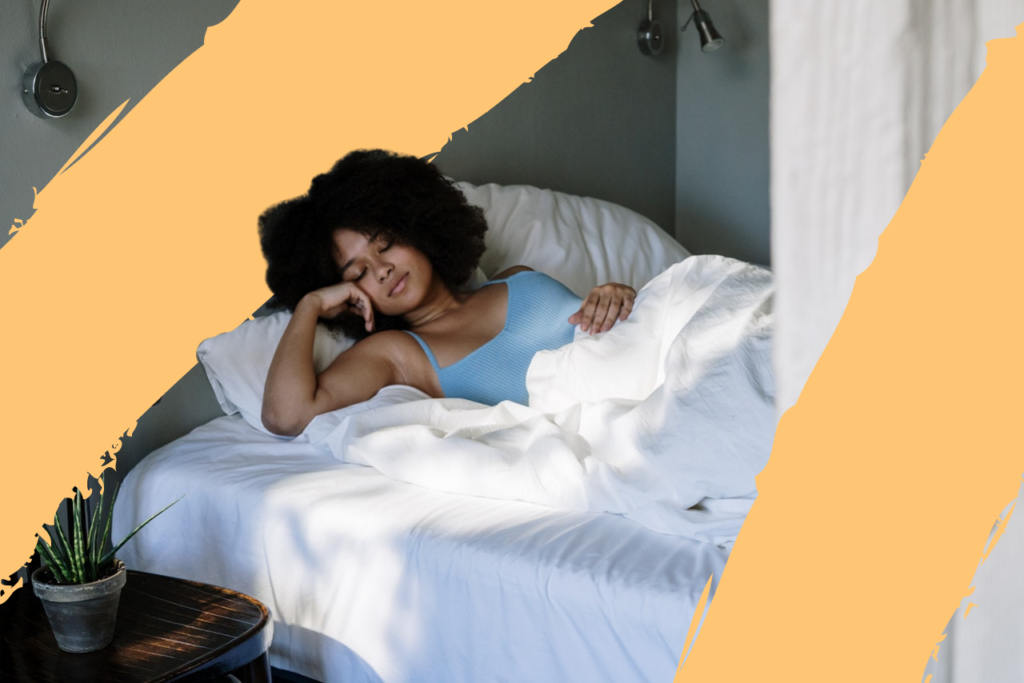
Strategies To Improve Sleep & Health In The Presence Of Light
Studies have found that a person’s exposure to nighttime light impacts their circadian rhythms and health. The Defense Meteorological Satellite Program, via Cleveland Clinic, found that people who spend most of their nights in front of the television or computer are significantly less likely to sleep well. They also have lower quality sleep and report waking up confused and tired. Even the smallest amount of artificial light can interfere with your sleep.
The Bottom Line
Light exposure and its effects on sleep can’t be denied. By practising proper sleep hygiene, reducing the amount of blue light before bed and embracing natural light in the morning, you give yourself the best chance of getting a good night’s sleep.

